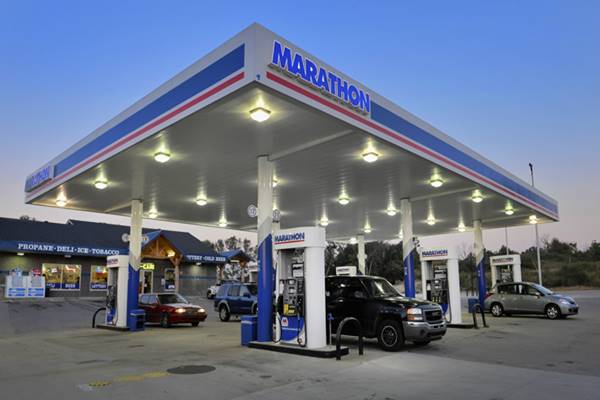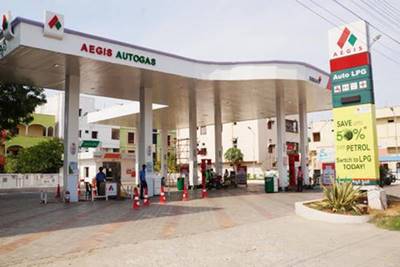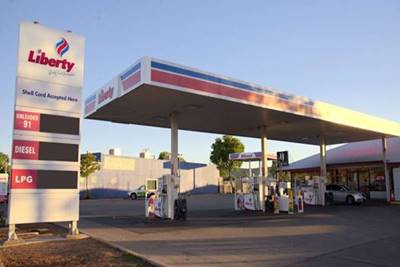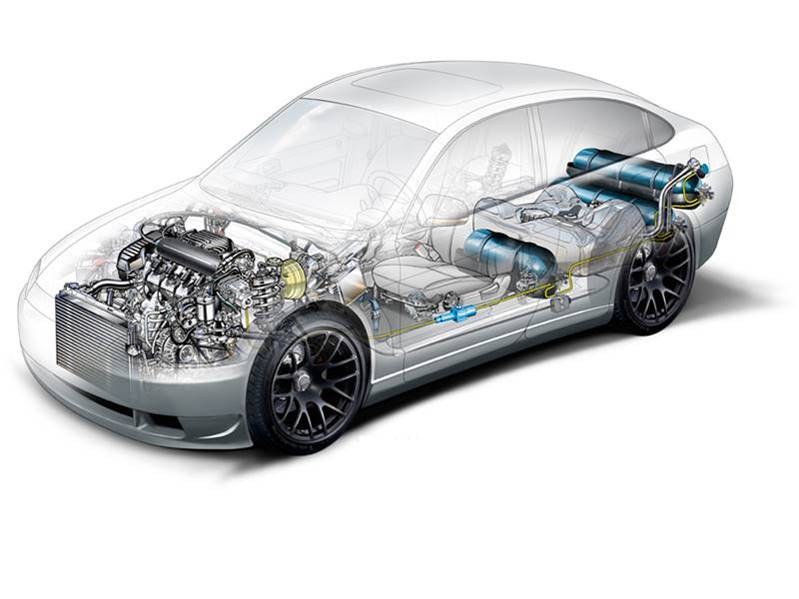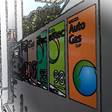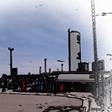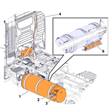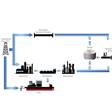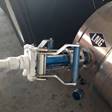LNG lorries for sale
Heavy-duty liquefied natural gas (LNG) vehicles operate much like gasoline vehicles with a spark-ignited internal combustion engine. The natural gas is supercooled and cryogenically stored in liquid form, usually in a tank on the side of the truck. LNG is typically a more expensive option than compressed natural gas (CNG) and is most often used in heavy-duty vehicles to meet longer range requirements. Because it is a liquid, the energy density of LNG is higher than CNG, so more fuel can be stored on board the vehicle.
The use of Liquefied Natural Gas (LNG) in transportation is a suitable option for fueling large long-haul trucks in areas where gas is transported as LNG because there are indigenous gas supplies and no gas grid. The use of LNG requires storage facilities for cold liquid natural gas (-162 0C) at highway refueling stations and special fueling equipment that can handle cryogenic temperatures. In addition, trucks must be equipped with special dual-fuel engines to be able to use LNG. In addition, the fuel tank on board the truck must be adapted for LNG use. These requirements make the use of LNG relatively expensive. However, the use of LNG in the transport sector can still have significant environmental benefits. It has been reported that a truck powered by a dual-fuel LNG diesel engine can emit up to 75% less NOx emissions and about 13% less well-to-wheel CO2 emissions compared to diesel-powered trucks. Overall, the technology for using LNG as a transportation fuel is well developed, but is expected to remain a niche market.
LNG accounts for a growing amount of natural gas consumption worldwide, and is produced at dozens of large-scale liquefaction plants. These are operated by distribution companies for seasonal storage and by companies that transport natural gas in tankers across oceans.
LNG is a relatively new fuel for trucking. Many existing liquefaction plants are not designed to serve the needs of truckers and are not located in convenient locations for truck refueling. As LNG becomes more widely used for vehicles, production facilities will change to accommodate this economic activity.
There is no doubt that the transportation industry would present a huge new market for natural gas: Heavy trucks account for more than one-tenth of all U.S. petroleum consumption.






